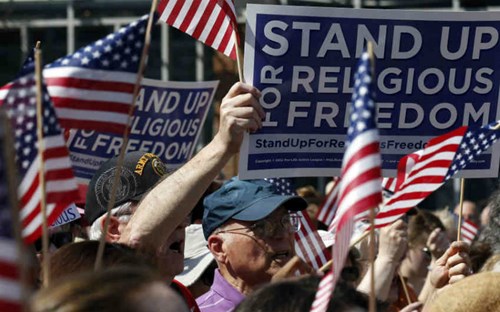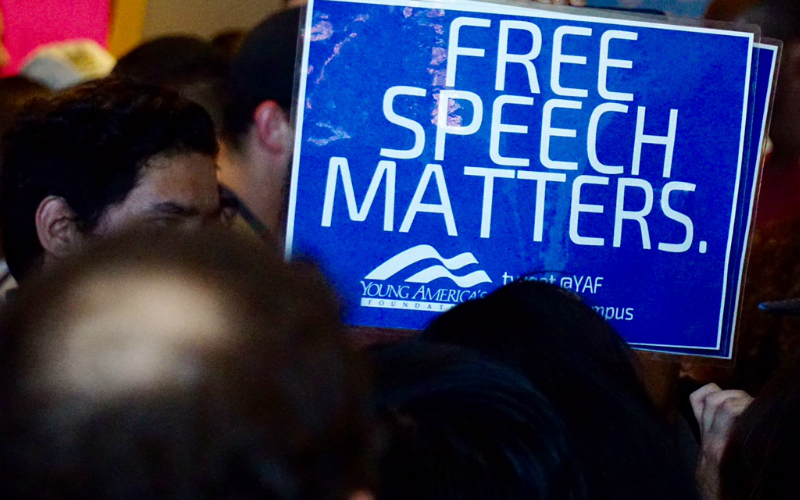"The state of New York has decided that it's going to require churches and nuns and other religious organizations to provide abortions to their employees," says attorney Daniel Blomberg of Becket, the law firm representing the coalition. "In the country that has the First Amendment, that should not be the case.”
 Blomberg calls the state’s requirement “extraordinarily controversial” and says it should be restrained by the First Amendment. “That’s what we’re asking the Supreme Court to help resolve here.”
Blomberg calls the state’s requirement “extraordinarily controversial” and says it should be restrained by the First Amendment. “That’s what we’re asking the Supreme Court to help resolve here.”
The controversy stems from the state’s requirement, at the behest of abortion activists according to a Becket news release, the religious exemption from abortion services be granted only to religious organizations who teach, serve and hire people who share their specific faith.
“New York’s abortion mandate is so extreme that not even Jesus, Mother Teresa or Mahatma Gandhi would qualify for an exemption,” Becket Senior Counsel Eric Baxter said.
Ignoring original Supreme Court ruling
In Diocese of Albany v. Harris, a group of Anglican and Catholic nuns, Catholic dioceses, Christian churches,

and faith-based social ministries initially sued over the mandate in 2017. After New York courts declined to protect the religious institutions, Becket and Jones Day asked the Supreme Court to step in. In 2021, the Justices reversed the lower courts' rulings and told them to reconsider the case.
However, the state courts ignored the Supreme Court and again refused to protect religious organizations, leaving them no choice but to return to the Supreme Court.
"Everyone's rights are at stake because no one should be forced to violate their rights without getting a day in court," says Blomberg. "That's the real problem here; The New York state court said the free exercise clause just doesn't care, it doesn't, it provides no protection whatsoever from this kind of obvious violation of sincere religious belief, and if that's the case then no one's religious faith is safe."
The Supreme Court will consider whether to hear the case later this fall.







